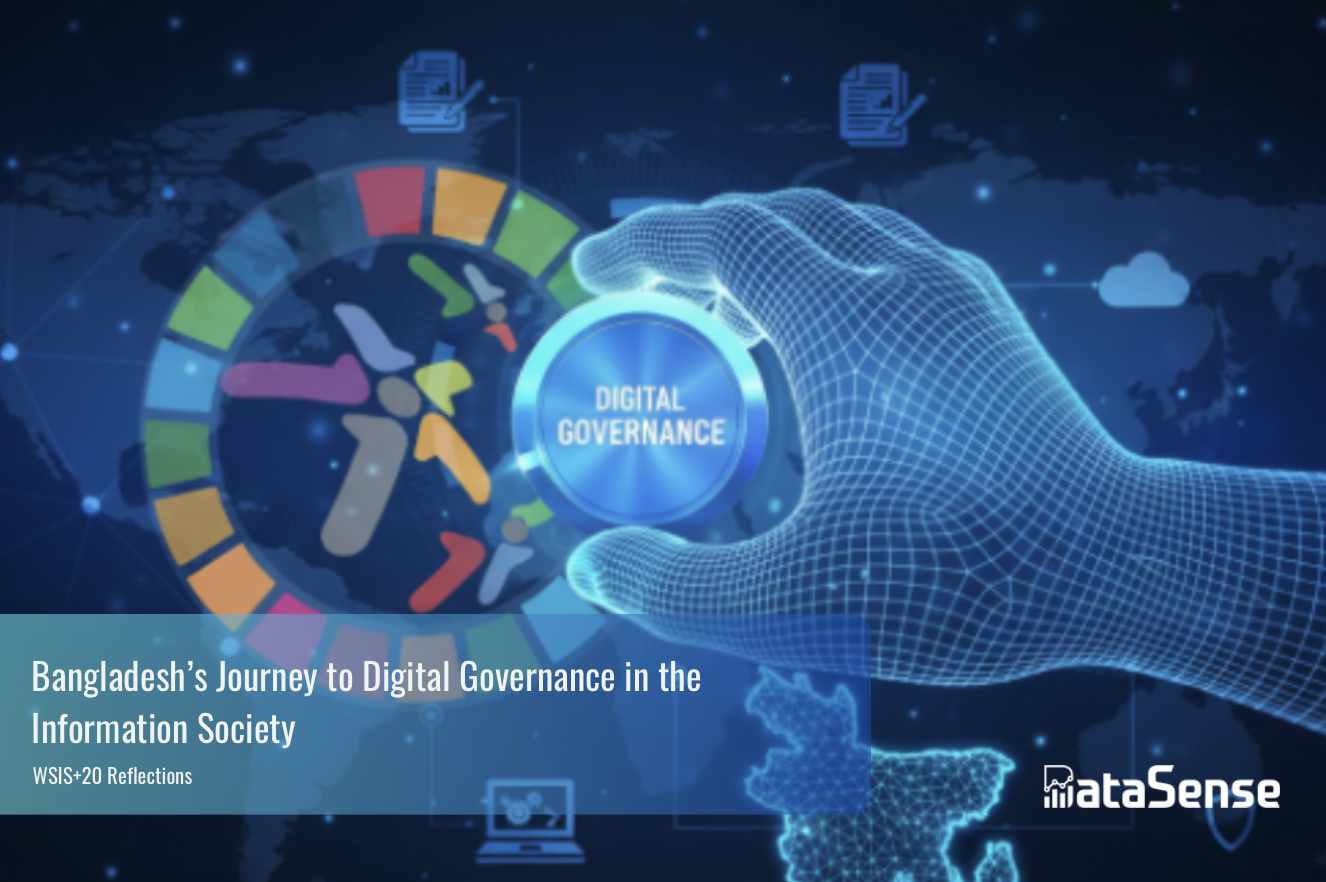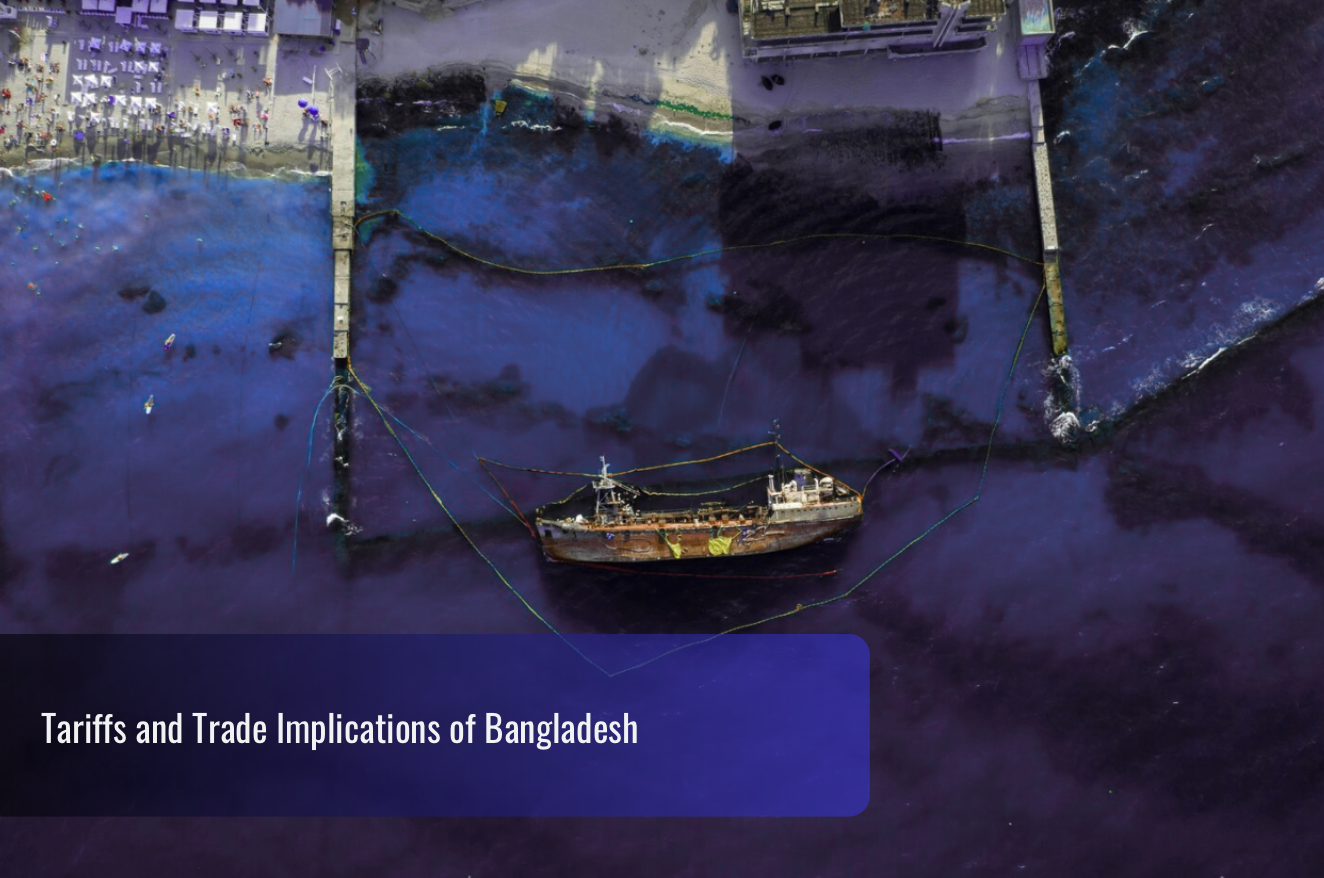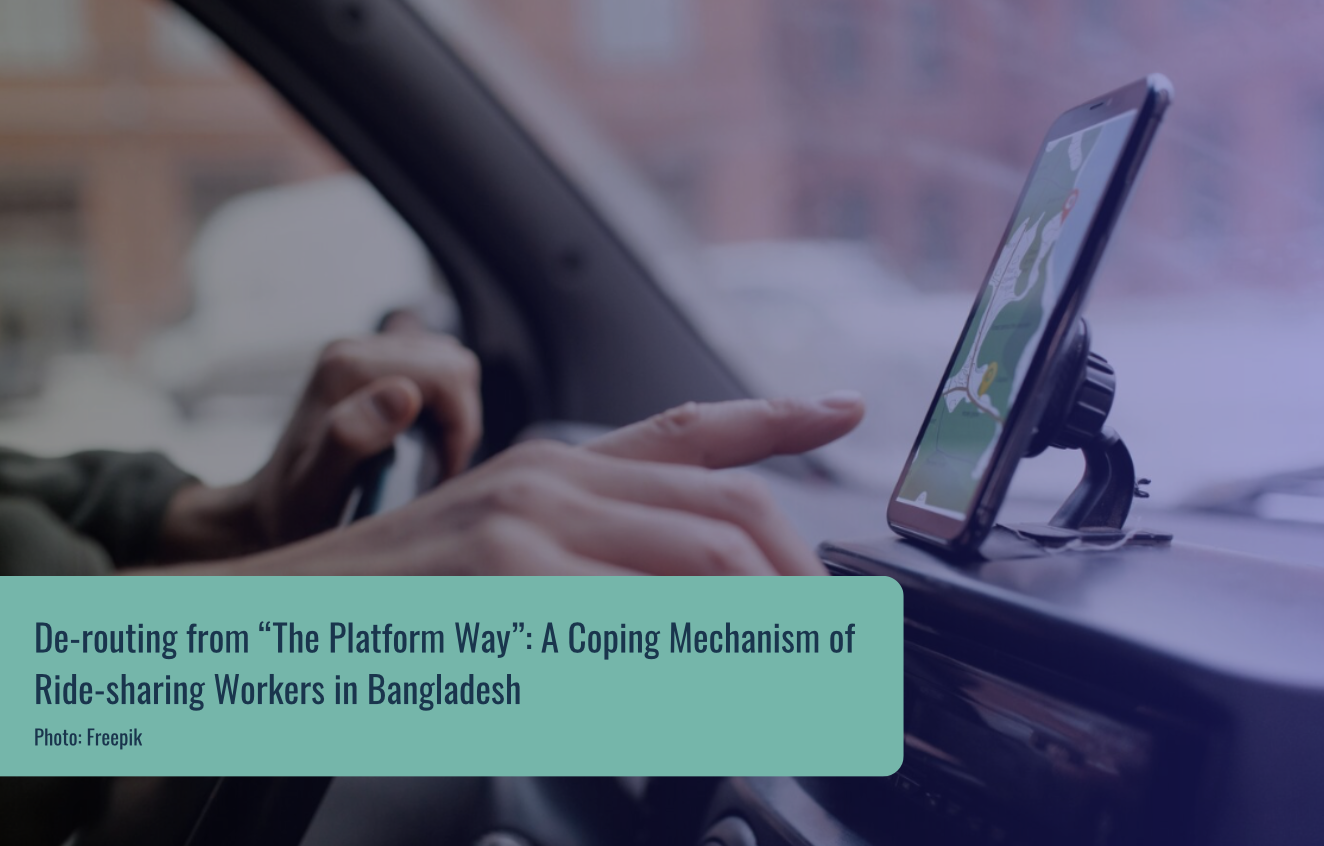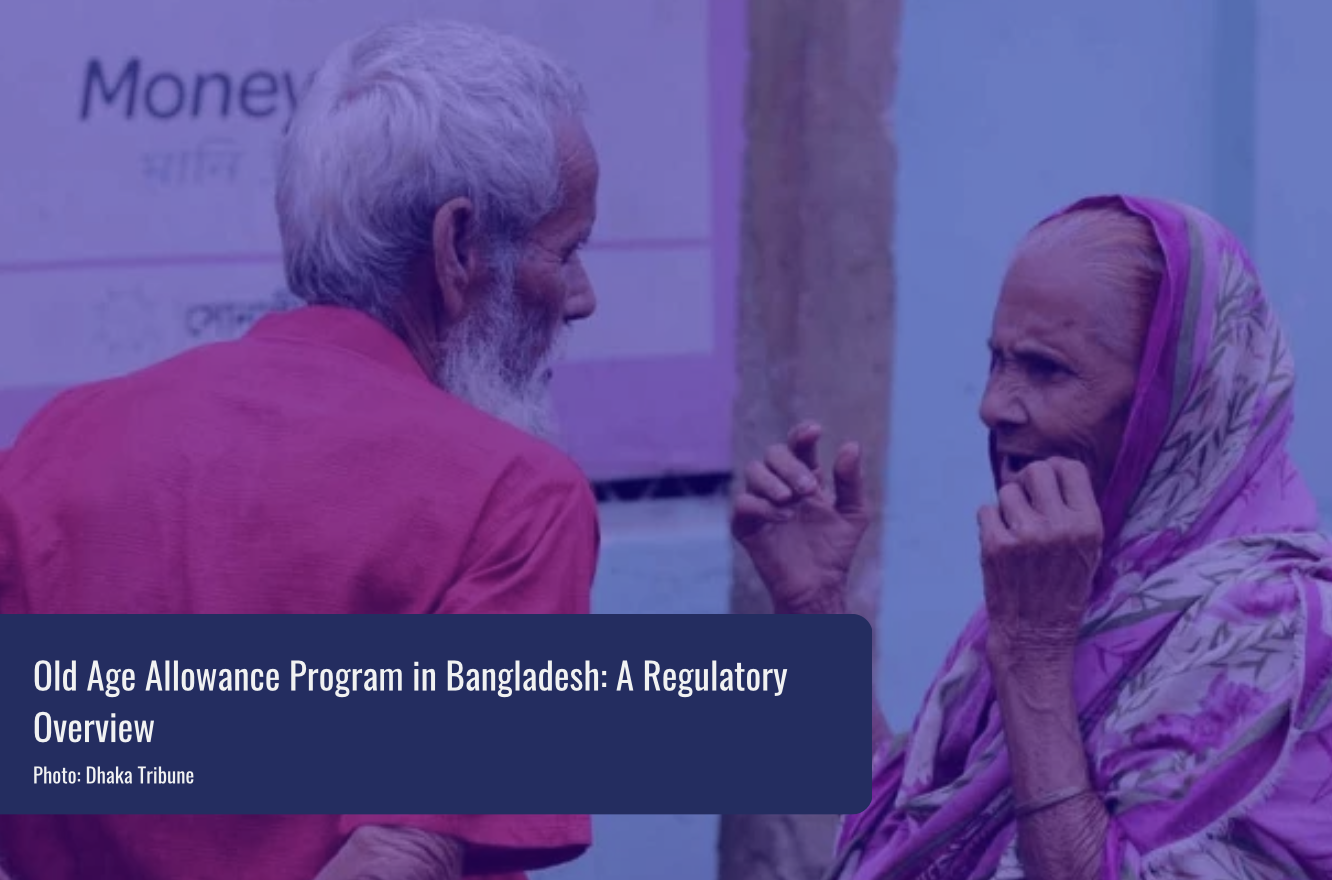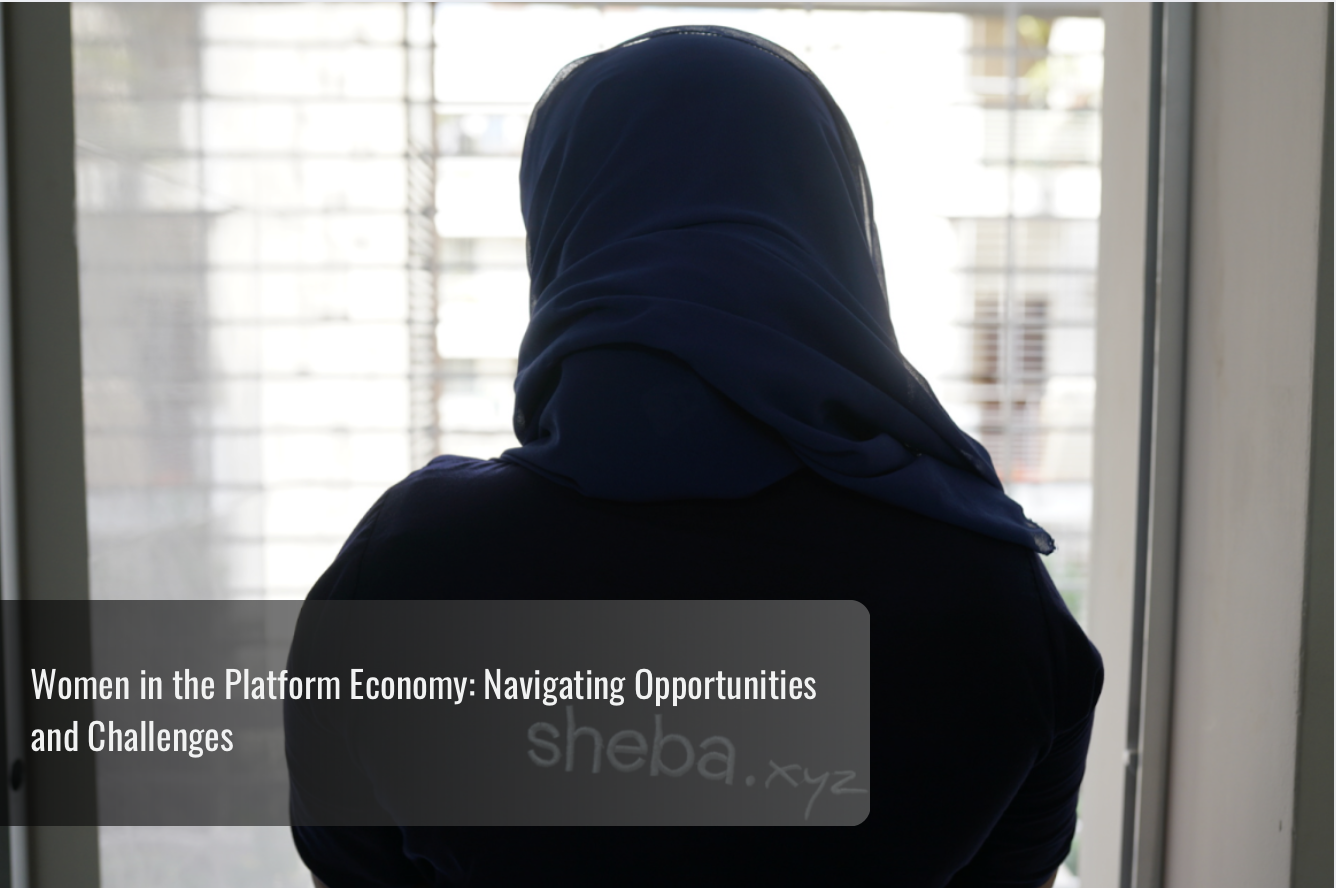Bangladesh’s progress towards an information society through advancing digital development based on a digital governance framework and setting short and long-term priorities aligned with WSIS+20 principles for sustainable digital growth.
WSIS+20 Main theme for Latest Highlights:
The World Summit on Information Society (WSIS+20) High Level Event was held this summer at Geneva, Switzerland, marking 20 years of the initiative. The UN process has been a space for discussion on digital governance and cooperation with a focus on a people-first digital future, ensuring digital rights and access for all. Following the first phase of WSIS in 2003, Bangladesh has committed to build an equal information society by continuing with the WSIS process at regional and national levels. The country has prioritized Information and Communication Technology (ICT) in adopting a comprehensive IT policy, ensuring active participation of stakeholders in ICT4D (ICT for development), building an ICT infrastructure, and developing a WSIS cell for the second phase of WSIS on implementing the plan of actions and principles, even though the cell is not active right now.
This article examines Bangladesh’s progress so far in digital development, evaluates its digital governance framework, and identifies short and long-term priorities to work on for achieving rights-based, fair, and inclusive digital policies in line with the WSIS+20 vision.
In 2003, the Geneva Plan of Action and the 2005 Tunis summit brought together governments, technology companies, businesses, and civil society to shape an equitable digital future with 11 Action Lines. These 11 strategies objectives of framework sheds light on addressing the digital divide, promoting e-governance, ensuring universal access to ICTs, fostering digital literacy, protecting cyberspace, and advancing ethical considerations.
The momentum continued with the WSIS+10 review in 2015, which focused on internet governance, the increased use of the internet, and its role in the achievement, and its role in achieving the of Sustainable Development Goals (SDGs). By 2025, the WSIS+20 review process technological advancements in artificial intelligence and emerging technologies have added new issues around digital governance. Priorities focus on bridging the digital divide, strengthening cybersecurity, ensuring equitable access, and deepening multi-stakeholder cooperation.
Following The WSIS action lines reflecting around 15 themes, Bangladesh adopted the multi-stakeholder approach; however, it gradually evolved into a state-driven form of digital governance. For example, even though Bangladesh participated actively in the 2003 Geneva Summit with government involvement, there was the lack of civil society representation due to the restrictive legal environment. Restrictions lead to prioritizing drafting digital laws, curtailing independence, intervening in constructive advocacy, and lack of accountability and coordination.
In 2009, Bangladesh launched the Digital Bangladesh strategy as part of Vision 2021. The goal was ambitious in the first place, as it was to integrate technology across government, education, healthcare, and the economy. Initial priorities focused on building digital infrastructure, setting up a network of Union Digital Centers (UDCs) to provide services at the local level, and improving digital literacy across the country. Fast forward to 2022, Bangladesh started working on the Smart Bangladesh 2041 vision, incorporating elements that fall under the fourth industrial revolution (4IR) in its digital journey. The strategy centered on four pillars namely Smart Citizen, Smart Society, Smart Government, and Smart Economy. It aligns closely with the ICT for Development approach and WSIS Action Lines for a long-term commitment of inclusive, tech-driven future.
Prior to the pre-July 2024 Revolution, the context was quite different. Bangladesh experienced a wide range of instances of censorship and human rights violations in a restrictive legal environment. A number of policies were introduced that led to violations of human rights. For instance, the Information and Communication Technology ICT Act 2006, Amended ICT Act, 2013 on the online expression, Digital Security Act (DSA), 2018 on repressing speech affecting journalists, human rights defenders, and citizens, and the Cyber Security Act (CSA) 2023 on granting powers to arrest, search, and seize without giving any warrants even when the centralized control is under the government-led National Cyber Security Agency (NCSA). Bangladesh has sought regional influence through South-South cooperation in a BIMSTEC regional consultation. Moreover, Bangladesh has joined the 2024 UN Cybercrime Treaty with Russia and China. Even though signing this treaty reflects the expanded state power in the collaborative mechanism, it weakened protection for rights.
After the 2024 political transition, Bangladesh shifted its priorities aligning with WSIS commitments from a service-focused approach. An integrated one-stop service delivery platform was launched to provide public services, maintaining transparency and reducing corruption. Social media blocks, messaging restrictions, and network blackouts impact internet access and leave little room for judicial or civil society oversight. Under ICT, the recent state of affairs is the repeal of the Cybersecurity Act 2023 through any changes that covers cybercrimes, threat detection, prevention, and prosecution. The European Union has provided their support and expertise in the e-Governance project. Moreover, there is the launch of personal data protection ordinance and interoperability ordinance regarding the digital governance framework.
In addition, some initiatives under the interim government led by Dr. Muhammad Yunus renewed engagement with WSIS+20 key event priorities. For instance, government agencies, civil society, and human rights have started re-engaging in dialogues, workshops, and consultation. For instance, the Bangladesh Parliamentarians’ Caucus on Internet Governance (BIGF), The Bangladesh NGOs Network for Radio and Communication (BNNRC), and Manusher Jonno Foundation organized a national consultation to collect opinions and action points from youth, refugee, and women’s groups. The Bangladesh National IGF (Internet Governance Forum), including civil society and academia, also arranged thematic workshops on WSIS priorities. These initiatives can play an important role in creating a multi-stakeholder approach for inclusive policymaking, an important aspect of good governance.
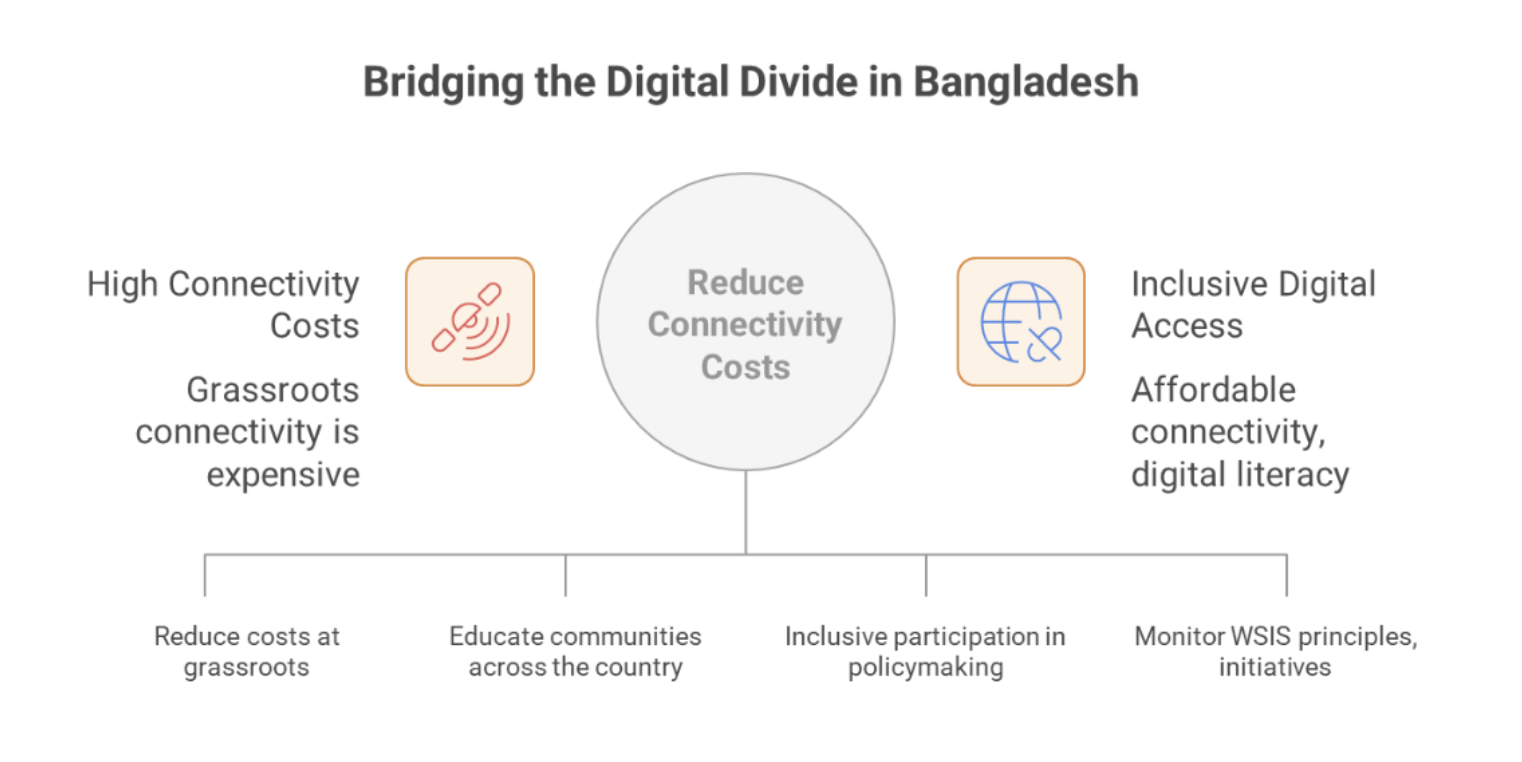
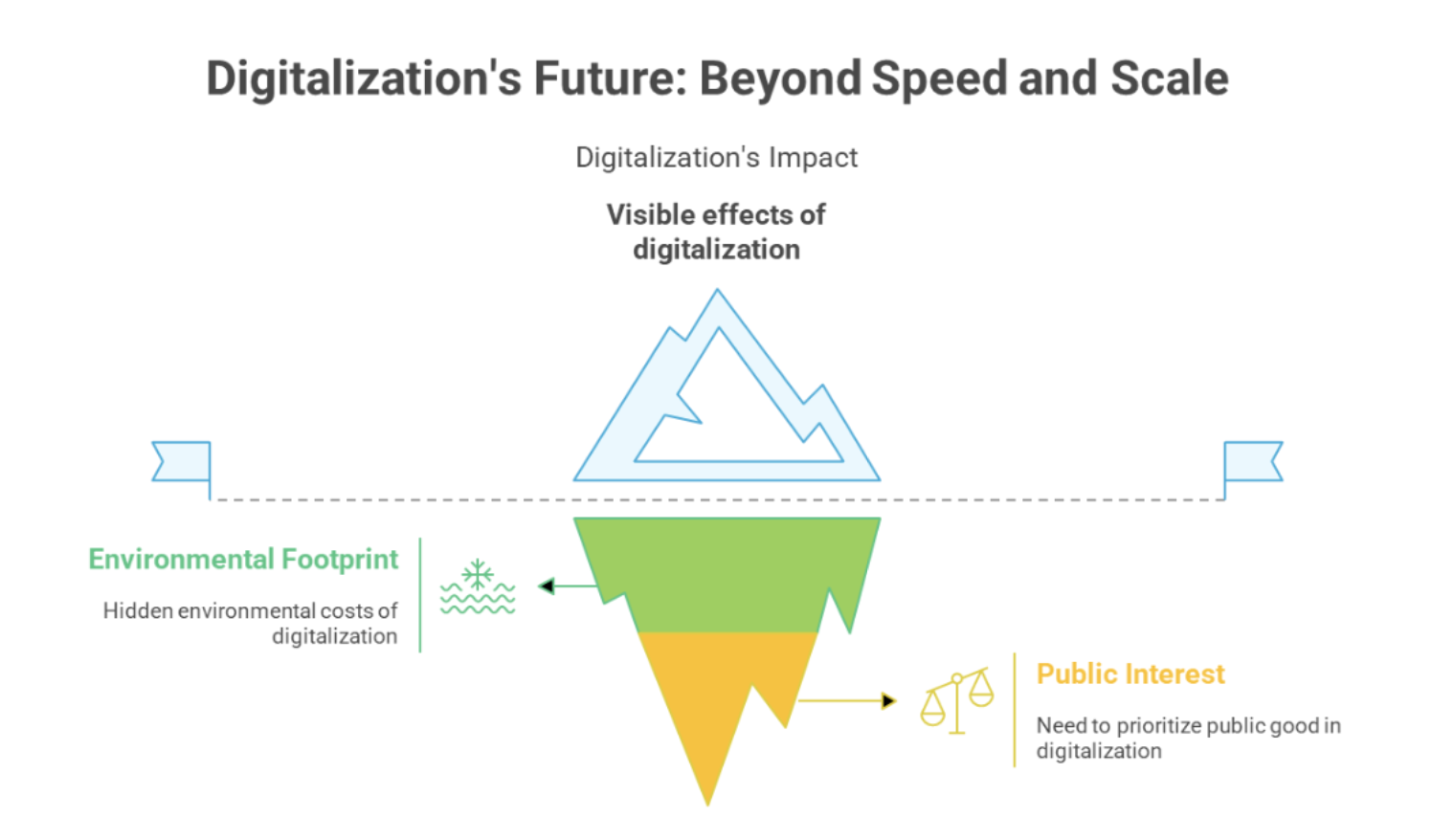
WSIS+20 provides some key takeaways to think about the future of digital governance in Bangladesh. Digital gaps are widening across gender, race, geography, income, and education. The need to address the environmental costs of digitalization while promoting environmental sustainability, including biodiversity loss, and pollution. Digital and data governance should serve people, not just markets, and promote market-driven digital inclusion with meaningful access.
Immediate priorities of Bangladesh can include reducing the connectivity costs at the grassroots level, building digital literacy for communities across the country, and fostering regular dialogue among the Government, civil society, and private sector to ensure inclusive participation in policymaking. Environmental sustainability of digital development also needs to be accounted for. Artificial Intelligence (AI) has started transforming different sectors of Bangladesh, including education, business, and other areas. Hence, it has become a priority to not abandon the transformation of AI in the digital landscape. Instead, there is a need to ensure people are protected from harm( i.e, deepfakes) and to hold authorities accountable through legal measures.
Bangladesh’s progress in digital development and its governance in the future depends on making people-centered and inclusive ICT for all. By removing barriers to ICT access, embracing emerging technologies and adopting a multi-stakeholder approach in upholding the digital framework and lowering the connectivity costs, Bangladesh can ensure an inclusive digital growth that benefits while upholding WSIS principles.
Author: Kanij Fatima Maisha
Image Sources: WSIS Logo and Digital Transformation

